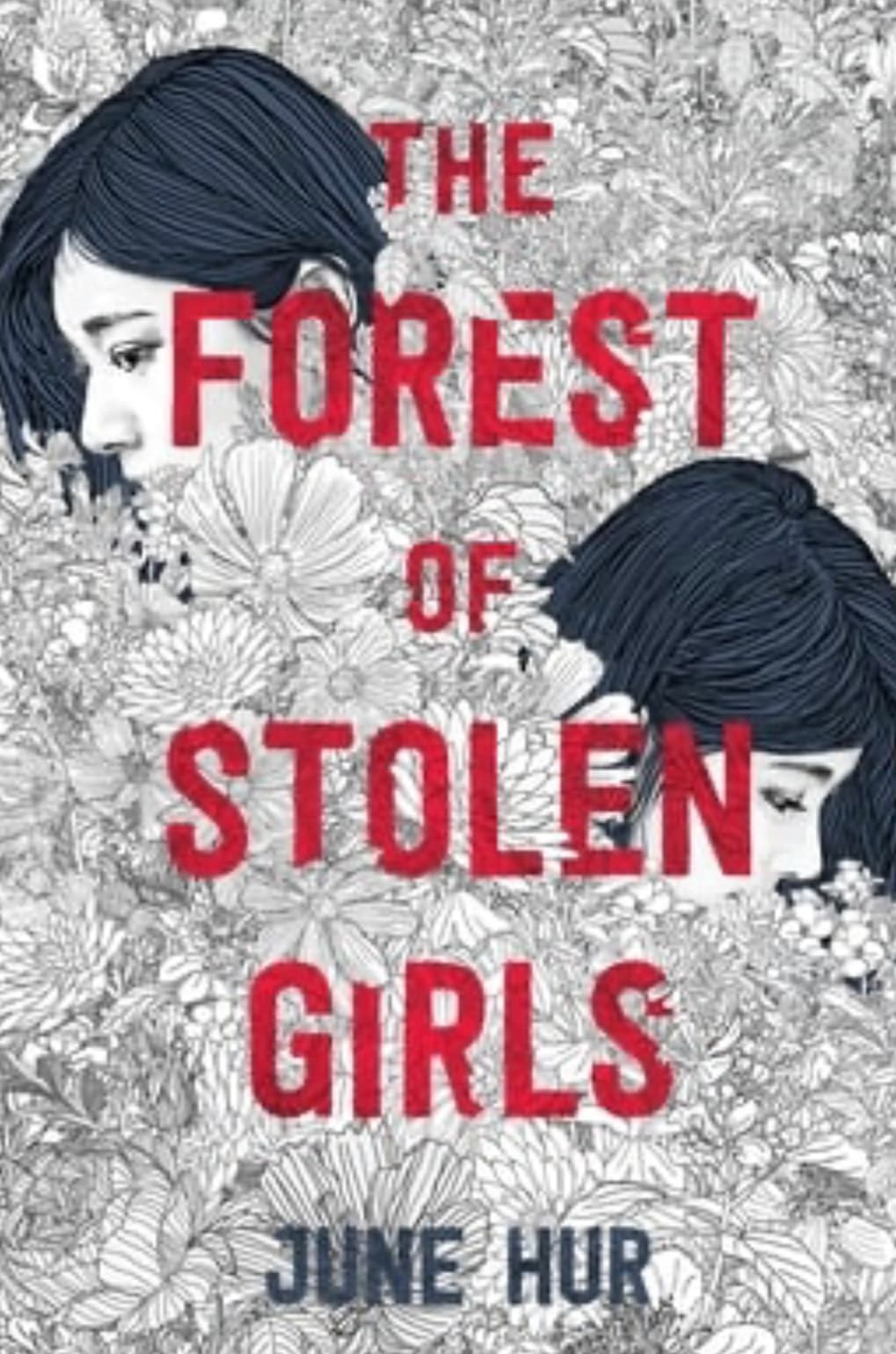Unraveling Secrets in The Forest of Stolen Girls
The discovery of a book that piqued their interest came unexpectedly to them via a tweet from author June Hur, which they felt compelled to share. The tweet narrated an intimate conversation between Hur and her mother, revealing the vulnerabilities of a Korean diaspora author grappling with her cultural identity. Hur’s mother offered wisdom, likening the unique accent of diaspora Koreans’ speech to the distinctive “accent” in their storytelling about Korea—an accent that’s both beautiful and a narrative in its own right, offering a fresh perspective.
Reassured by her mother’s comforting words, Hur expressed a mix of anxiety and determination as she watched her second novel gain attention, vowing to continue writing for those in the West eager to learn about Korea. For those intrigued by the creative process of her book, “The Forest of Stolen Girls,” a link was provided.
The narrator recounts their experience with Hur’s work, especially “The Forest of Stolen Girls,” a book they chanced upon following Hur’s revealing tweet. It was a genre they wouldn’t typically explore, yet they found themselves engrossed by the world Hur crafted. Despite a propensity for fright, the narrator was captivated by the novel’s enveloping atmosphere.
The Forest of Stolen Girls: A Synopsis
The plot unfolds in a small Korean town haunted by the mystery of thirteen vanished girls and the subsequent disappearance of the town’s finest investigator, who is also the father of Hwani, the protagonist. Hwani returns home, resolute to solve the enigma of her father’s disappearance, only to find a web of concealed secrets.
Atmosphere and Relationships: The Standout Features
The narrator was instantly drawn into the eerie yet enthralling ambiance set by Hur. Additionally, the evolving relationships in the narrative, particularly the rekindling sisterhood between Hwani and her sibling, were profoundly portrayed. Each character’s nuanced and differing connection with their missing father highlighted the complexities of familial ties and parenting, with the author delicately balancing the portrayal of the father’s character, neither vilifying nor idealizing him.
“The Forest of Stolen Girls” mesmerized the narrator with its rich atmospheric storytelling and its intricate exploration of the characters’ interpersonal dynamics. The book left an indelible mark, particularly in how it depicted the variances within family relationships, capturing the narrator’s admiration. In the world of literature, sometimes a book comes along that captivates an individual not just by its narrative, but by the resonating personal story of the author. Such was the case for the narrator when they stumbled across a deeply personal tweet from June Hur, which offered a glimpse into the soul of her storytelling. It was a moment of vulnerability turned into inspiration, as Hur shared a conversation with her mother about the essence of cultural identity and authenticity in writing about one’s heritage. The poignant assurance from Hur’s mother—that an “accent” in writing is not just acceptable but beautiful—became a source of strength for Hur and an intriguing hook for the narrator.
The narrator, upon reading this exchange, felt an immediate urge to delve into Hur’s world, especially as Hur’s latest literary offering, “The Forest of Stolen Girls,” was just hitting the shelves. They found themselves first in line at the library, a place usually frequented for different genres. What awaited was a journey into a tale that would defy their expectations and enthrall them with its rich tapestry of mystery and emotional depth. “The Forest of Stolen Girls” is more than a historical novel; it’s an atmospheric descent into the heart of a Korean village, shrouded in the dark mystery of disappearance and the haunting quest of a determined daughter. The story weaves a chilling yet compelling narrative as it follows Hwani, who confronts the ominous silence of a town hiding behind veils of secrecy.
The Enigmatic Pull of a Mysterious Town
As the narrator turned the pages, they were not just reading—they were being transported. Hur’s writing conjured the mists of the Korean countryside, enveloping the reader in an ambiance that is palpably eerie yet undeniably magnetic. The novel’s ability to grip the reader’s imagination and transport them to a place of misty forests and obscured truths is a testament to Hur’s skillful atmospheric setting.
The Intricate Webs of Familial Bonds
Within the hauntingly depicted setting, the core of the novel pulses with the theme of relationships—frayed, mended, and deeply cherished. The narrator found themselves particularly touched by the rekindling bond between Hwani and her sister. Through their journey, the sisters unravel not just the tangible mystery of their father’s disappearance, but also the emotional enigma surrounding their estranged relationship. This element of the narrative, with its subtle nuances and emotionally charged developments, spoke volumes about the intricacies of human connections. Equally striking was the portrayal of the siblings’ contrasting relationships with their father. Despite sharing a home, their individual experiences with their parent had shaped distinct memories and feelings. Hur navigates these delicate dynamics with a deft hand, presenting a multifaceted character in the father, who is neither an antagonist nor a hero, but a figure emblematic of the complexities of parenthood.
Through these vivid character arcs, the novel explores themes of identity, the impact of past actions, and the pursuit of truth—not just the truth of the disappearances but also the personal truths that define each character. The narrator observed how each revelation added depth to the story, creating a richly layered narrative that manages to be both suspenseful and deeply human. “The Forest of Stolen Girls” ultimately stands as a testament to the power of storytelling—a novel that transcends its mystery to touch upon the universal quests for understanding and connection. The narrator closed the book with a sense of fulfillment, appreciating how Hur’s storytelling, with its own unique “accent,” not only added to the richness of the literary world but also expanded their own perceptions of culture, identity, and family.
